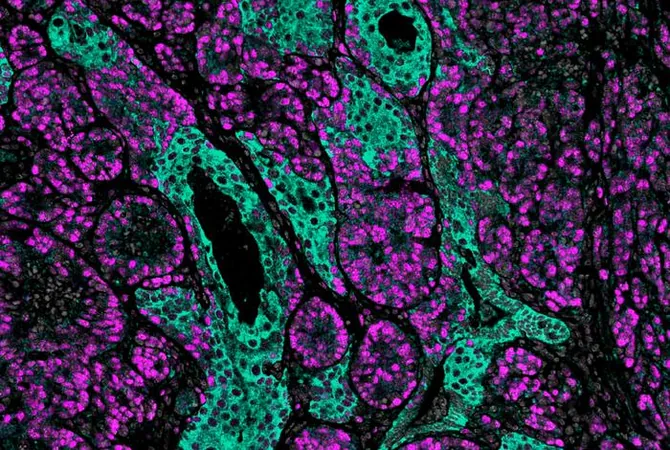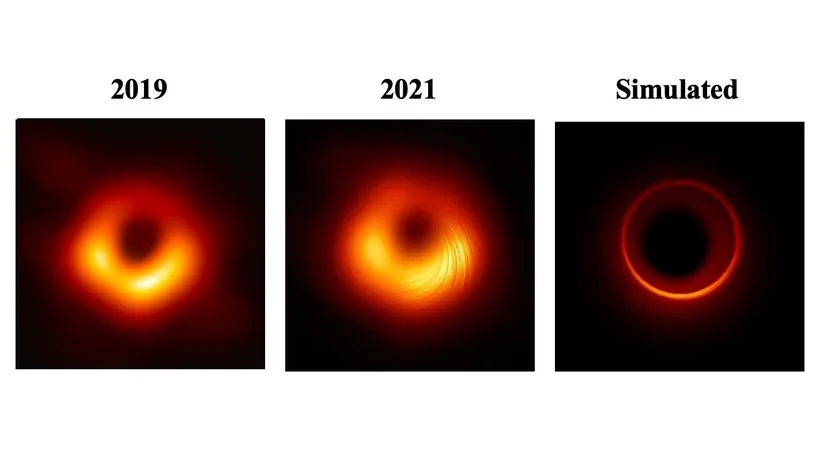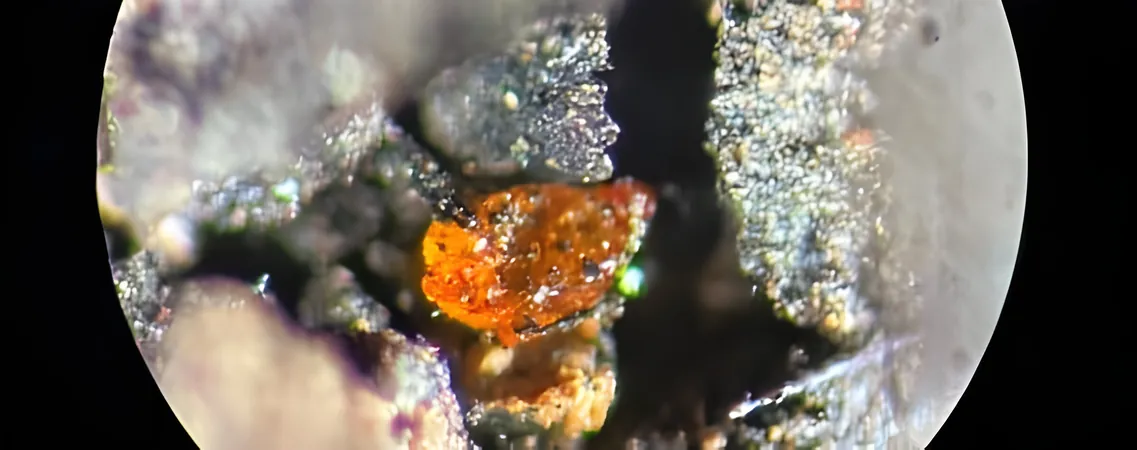
Breakthrough Discovery: Enzyme EZH2 Fuels Aggressive Prostate Cancer Growth in Drug-Resistant Cases!
2024-11-20
Author: Wei Ling
Key Findings from the Study
In a groundbreaking study led by researchers from Weill Cornell Medicine, the enzyme EZH2 has been identified as a key player in the aggressive growth of drug-resistant prostate cancer tumors. This discovery could pave the way for innovative treatment options for patients facing limited alternatives.
Research Details
Published in *Nature Communications*, the study, spearheaded by eminent oncologists Maria Diaz-Meco, PhD, and Jorge Moscat, PhD, reveals that the absence of a crucial protein known as PKCλ/ι in prostate cancer cells allows EZH2 to promote aggressive tumor growth, even in the presence of androgen receptor inhibitors, commonplace in prostate cancer treatment.
Mechanism of Action
Under normal circumstances, PKCλ/ι helps regulate EZH2's activity, but in its absence, a distinct version of EZH2 is produced within cancer cells. Instead of performing its regular function of repressing tumor-suppressor genes, this alternative EZH2 form accelerates protein production and activates critical growth factors like TGF-β.
Implications for Treatment
Dr. Diaz-Meco emphasized the importance of this discovery: "This study reveals a critical mechanism behind treatment resistance in prostate cancer, suggesting new therapeutic approaches." The potential to re-sensitize tumors to existing androgen receptor inhibitors or render them susceptible to novel treatments, particularly immunotherapies, could dramatically change the cancer treatment landscape.
Preclinical Studies
In their preclinical studies, the research team targeted EZH2's alternative functions to explore potential treatment strategies. They found that inhibiting either protein synthesis or the TGF-β pathway could effectively restore sensitivity in PKCλ/ι-deficient cancer cells to androgen receptor therapies such as enzalutamide.
A Unique Vulnerability
The research highlights a unique vulnerability in cancer cells lacking PKCλ/ι, suggesting that a combination of EZH2 inhibitors and androgen receptor-targeted therapies could significantly curb tumor growth.
Caution in Treatment Strategies
However, researchers caution that inhibiting EZH2 in tumors with high PKCλ/ι levels could counteract the desired therapeutic effects, underscoring the critical need for personalized treatment strategies based on individual patient profiles.
Future Directions
As researchers continue to explore the intricacies of the EZH2 pathway, this new study lays a solid foundation for forthcoming clinical trials aimed at combining androgen receptor inhibitors with EZH2 or TGF-β inhibitors.
Conclusion
This approach holds promise for patients battling the most aggressive forms of therapy-resistant prostate cancer, especially those characterized by deficient PKCλ/ι levels. Stay tuned as this research unfolds, potentially leading to a revolutionary shift in the management of prostate cancer!




 Brasil (PT)
Brasil (PT)
 Canada (EN)
Canada (EN)
 Chile (ES)
Chile (ES)
 España (ES)
España (ES)
 France (FR)
France (FR)
 Hong Kong (EN)
Hong Kong (EN)
 Italia (IT)
Italia (IT)
 日本 (JA)
日本 (JA)
 Magyarország (HU)
Magyarország (HU)
 Norge (NO)
Norge (NO)
 Polska (PL)
Polska (PL)
 Schweiz (DE)
Schweiz (DE)
 Singapore (EN)
Singapore (EN)
 Sverige (SV)
Sverige (SV)
 Suomi (FI)
Suomi (FI)
 Türkiye (TR)
Türkiye (TR)